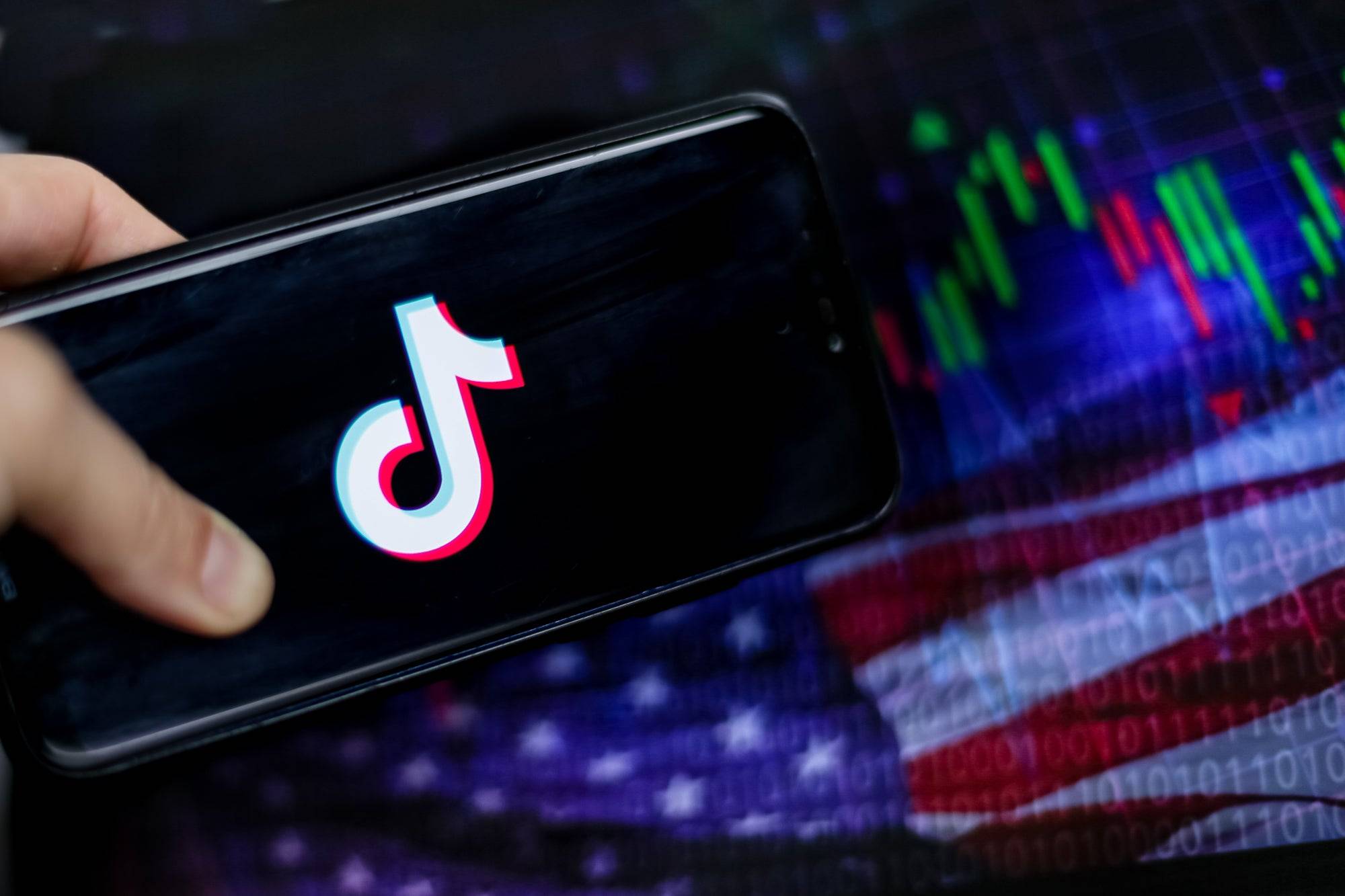TikTok Ban Imminent as Appeal Denied
The Supreme Court's rejection of TikTok's appeal paves the way for a potential ban on the platform in the U.S., slated to begin Sunday, January 19th. The court unanimously dismissed TikTok's First Amendment challenge, citing the app's scale, susceptibility to foreign control, and extensive data collection as justifying the government's national security concerns.

Without political intervention, TikTok will likely cease operations in the U.S. this Sunday. While President Biden has expressed a preference for TikTok's continued availability under American ownership, the implementation of the ban falls to the incoming Trump administration.
The Supreme Court's ruling acknowledged TikTok's significance for its users, but upheld Congress's determination that divestiture is necessary to address national security concerns. However, President-elect Trump, who has previously opposed a complete ban, could issue an executive order delaying enforcement for 60-90 days. Reports suggest he's engaged in discussions with Chinese officials regarding the matter and that a potential sale to a Western entity is being considered.
Elon Musk, involved with the incoming administration, is reportedly acting as an intermediary for potential buyers, although he may also attempt a purchase himself. Meanwhile, users are migrating to alternative platforms like Red Note (Xiaohongshu), experiencing a significant surge in new registrations.
TikTok's future in the U.S. hinges on a successful sale or a last-minute executive order from the Trump administration.
-
The Forge Falcons, a dedicated Halo community development team, has unveiled "Helljumpers," a thrilling new PvE mode for Halo Infinite, drawing inspiration from the acclaimed Helldivers 2. Helljumpers: A Helldivers 2-Inspired PvE Experience in Halo Infinite Now available in Early Access for free onAuthor : Riley Feb 25,2025
-
DELTARUNE Updates and News 2025 February 3 ⚫︎ Toby Fox announced on Bluesky that Chapter 4's PC translation is nearing completion, with console testing slated to begin the following day. Source: Automaton Media - Deltarune Chapter 4 testing is winding down on PC; console testing to begin tomorrow,Author : Noah Feb 25,2025
-
 賽菲魯斯Download
賽菲魯斯Download -
 Amazing WORD GumbalDownload
Amazing WORD GumbalDownload -
 Knights of Pen and Paper 3Download
Knights of Pen and Paper 3Download -
 Kitty Nail Salon Daycare CuteDownload
Kitty Nail Salon Daycare CuteDownload -
 Guess The City - Picture QuizDownload
Guess The City - Picture QuizDownload -
 Paladin's Story: Offline RPGDownload
Paladin's Story: Offline RPGDownload -
 كنق الهجولهDownload
كنق الهجولهDownload -
 Scream: Escape from Ghost FaceDownload
Scream: Escape from Ghost FaceDownload -
 FNF original friday funny mod nonsenseDownload
FNF original friday funny mod nonsenseDownload -
 VR Blockbuster Roller CoasterDownload
VR Blockbuster Roller CoasterDownload
- Hitman Devs' "Project Fantasy" Hopes to Redefine Online RPGs
- The Elder Scrolls: Castles Now Available on Mobile
- Resident Evil Creator Wants Cult Classic, Killer7, to Get a Sequel By Suda51
- Minecraft's 'In Your World' Mod: A Chilling Update
- Fortnite Update: Mysterious Mythic Item Teased in Latest Leak
- Deadlock Characters | New Heroes, Skills, Weapons, and Story











![[777Real]スマスロモンキーターンⅤ](https://images.0516f.com/uploads/70/17347837276766b2efc9dbb.webp)

